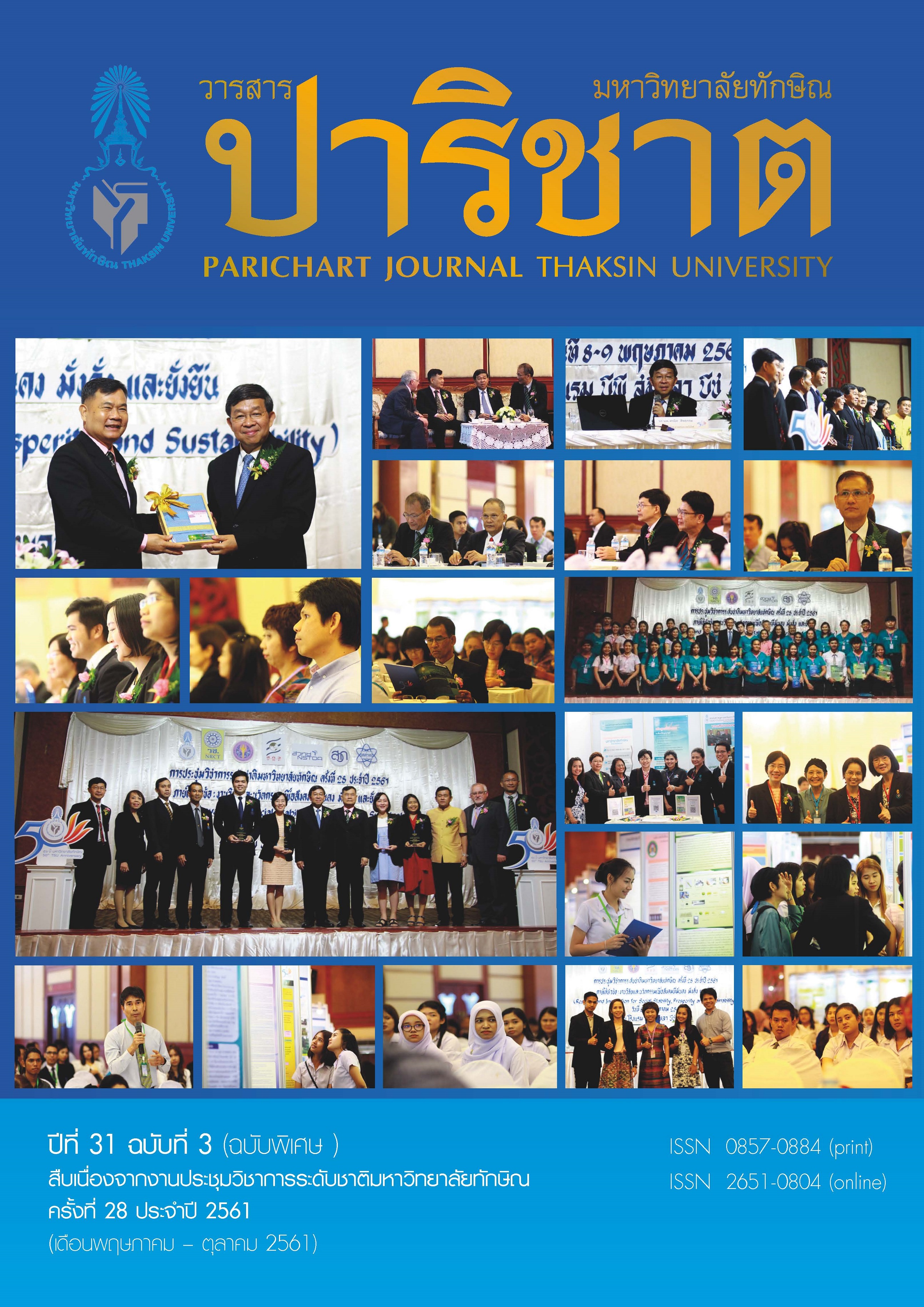Development of Fuzzy Random Utility Model for Travel Mode Choice by Rail Transport of Tourist in ASEAN Economic Community: A Case Study of Double-Track Rail link Den Chai - Chiang Rai
Main Article Content
Abstract
The purposes of this research are: 1) to survey and to analyze travel behavior of tourists in the
ASEAN Economic Community (AEC) 2) to present factors and to develop Mode Choice Models. Applied
Fuzzy Set Theory to Random Utility Model for decrease mistake from perception of variables varied in
each person compare with configure perception of variables. This research select Double-Track Rail Link
Route Den Chai – Chiang Rai Development Project as a pilot study and applied to Multinomial Logit
Theory. The sample are tourists along the route 1,600 persons. The results show that the Fuzzy Random
Utility Model (p2 = 0.45) can explain travel behavior better than Random Utility Model (P2 = 0.25).
Factors influencing the choice of travel patterns are travel time, travel expenses, punctuality, time to
change mode and safety. The results suggest that double-track railway development change Thai,
Myanmar, Laos and Chinese tourists behavior to use railway system for travel increase 28.85%, 24.56%,
32.14% and 36.15% respectively.


